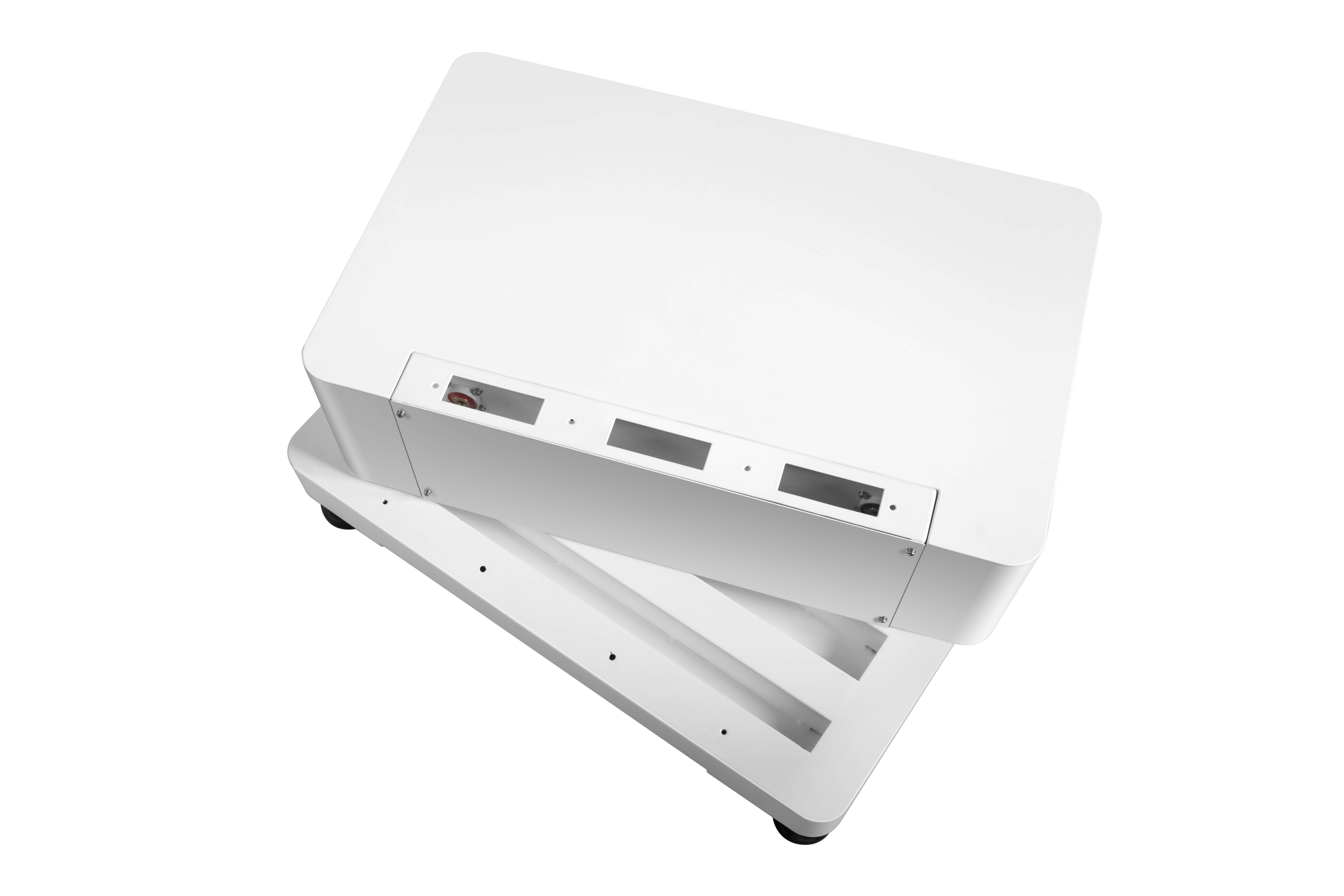
Jul . 26, 2024 06:50 Back to list
Understanding Home Power Supply Options AC vs DC for Appliances and Electronics
The Power Supply in Home AC vs. DC
In today's modern world, the power supply to our homes is primarily delivered through the alternating current (AC) system. However, as technology advances and our understanding of energy consumption grows, the conversation around direct current (DC) power supply has gained prominence. This article aims to explore the differences between AC and DC power supplies in a household context, highlighting their respective advantages and disadvantages.
Understanding AC and DC Power Supply
Alternating current (AC) is the type of electrical current that changes direction periodically. It is the standard for most residential and commercial power supplies due to its efficiency in long-distance transmission. AC power can easily be transformed to higher or lower voltages via transformers, making it suitable for use in homes and industries. The typical household in the United States receives power at 120 volts, while in Europe, it's usually at 230 volts.
Direct current (DC), on the other hand, flows in a single direction and is the type of current that batteries supply. Mobile devices, LED lights, and small electronics often run on DC power. Due to the nature of DC power, it is not as effective as AC for long-distance transmission because it experiences significant energy losses in the form of heat.
Advantages of AC Power Supply
The primary advantage of AC power supply lies in its ability to be easily transformed into various voltage levels
. This feature makes it highly efficient for long-distance transmission, as high-voltage AC can travel over vast distances without substantial losses. Additionally, AC generators are simpler and less expensive to manufacture compared to DC generators.power supply in home ac or dc exporter

Another benefit is that most household appliances are designed to operate using AC power. This includes everything from refrigerators and air conditioners to microwaves and televisions, making AC the more convenient choice for households today.
The Case for DC Power Supply
Despite the dominance of AC, DC power supply is seeing a resurgence, particularly with the increasing use of renewable energy sources such as solar panels. These systems produce DC electricity, which needs to be converted to AC for household use, typically through an inverter. As energy efficiency becomes a crucial factor in domestic energy use, direct current systems have begun to show promise.
DC power is inherently more efficient for certain applications. For instance, LED lighting and electronic devices that rely on battery power operate more effectively on DC. Furthermore, with the rise of electric vehicles, many homes are installing DC charging stations for these vehicles, highlighting a potential shift towards DC infrastructure in residential settings.
Furthermore, with advancements in energy storage solutions, such as batteries, DC can be harnessed for more use in home energy management systems. Homeowners can utilize stored DC power for their daily energy needs, thereby reducing dependence on the grid.
Conclusion
The debate between AC and DC power supply for homes is multifaceted and evolving. While AC remains the current standard due to its efficiency in transmission and compatibility with household appliances, DC power is carving out its niche, especially in contexts involving renewable energy and efficient electronics. With technology continuing to advance, the future may see a more integrated approach, combining both AC and DC systems to meet the diverse energy needs of modern households. The ongoing exploration of sustainable practices and energy-efficient technologies will undoubtedly shape this dynamic and essential aspect of our daily lives.
-
Advanced AI Energy Management with GPT-4 Turbo
NewsAug.02,2025
-
AI-Powered EMS with GPT-4-Turbo | Efficiency Boost
NewsAug.01,2025
-
Optimized Storage System for GPT-4-Turbo | High Performance
NewsJul.31,2025
-
AI Energy Management System w/ GPT-4 Turbo Efficiency
NewsJul.31,2025
-
High-Performance Energy Storage System for Reliable Power Solutions
NewsJul.30,2025
-
Advanced EMS Solutions for Energy Management System & Storage Battery Companies
NewsJul.29,2025























